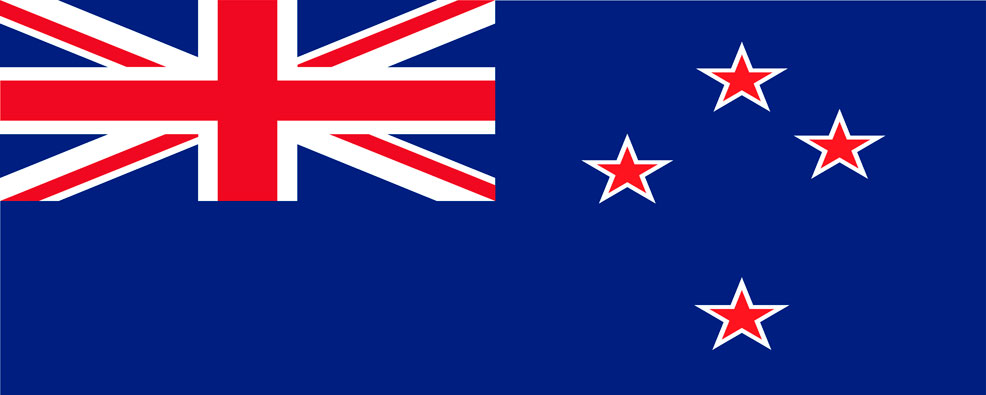


New Zealand offers a high-quality education system with a strong focus on research and innovation. Key points about education in New Zealand include:
New Zealand has several immigration pathways for individuals seeking to move, work, or study in the country. Key points about immigration to New Zealand include:
To visit New Zealand for travel or exploration, you may need a tourist or visitor visa. Here are some key points:
The cost of living in New Zealand varies by location, with cities like Auckland being more expensive. Costs include housing, food, transportation, healthcare, and education expenses.
New Zealand is known for its natural beauty, cultural diversity, and friendly locals. Understanding New Zealand culture and social norms can help international visitors and immigrants adapt and integrate more easily.
Please note that immigration, education, and visa policies in New Zealand can change, and it's essential to consult with an immigration expert or educational advisor can also provide personalized guidance.